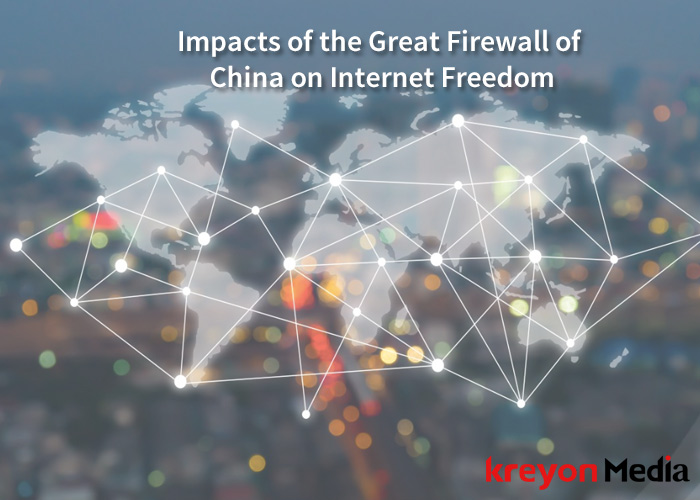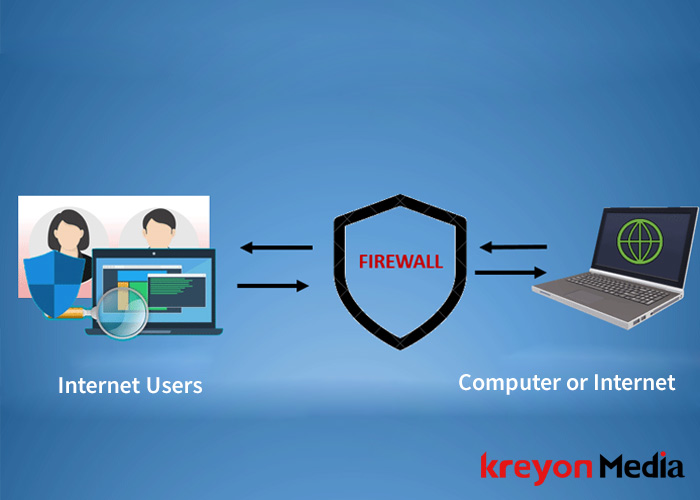
More than 59% of the Chinese population have access to the internet. This means that there are several hundreds of millions of people who are not able to use the internet as the rest of us from this part of the world.
Just how does that work, though? What impacts does it have on the people, and what’s the future of the firewall like?
What does the Great Firewall do?

When you browse the internet, what you are doing is exchanging data between two servers.
The first server is a source server which is the one from an internet-enabled device: a phone, tablet or personal computer. The second server is the target server – which could be that of a website, app or other platforms – that you are accessing on the internet.
Now, imagine trying to access a website but your ISPs have been regulated to ensure your data does not even reach that source server at all.
Imagine this being done on a large scale, and you have a great firewall.
You might argue that this should not affect devices that were not bought/ set up in China. After all, those devices were being used to access the same source servers before the user entered the Chinese space.
That would be wrong because the servers are concerned with your IP address, not the details of the phone. Thus, as soon as your internet-accessing unit registers as being in the Chinese IP locations, you cannot access some services on the internet anymore.
Impacts of the Firewall
The most notable ones that we can put a finger on are social messaging apps like Facebook, Twitter, WhatsApp, Instagram, and the likes. These are not the only apps that have been blocked off the Chinese servers either. They are just common examples that we can easily bring to your notice.
At the same time, the firewall also separates Chinese citizens/ those living in China from information on the internet.
There doesn’t seem to be a criterion, per se, for banning websites from the Chinese server. Over time, though, it has been observed that the government has a trend of restricting access to websites speaking out against their government, exposing people to western life and culture, etc. This would be in a way to keep the people under control and unaware of what is going on out there.
Finally, internet-based services are not left out either. These could be payment platforms, enterprise software, commercial programs, etc.
So, What’s Left on Their Internet?

Since there is no support for apps and platforms from the outside, entrepreneurs in China have taken that cue to build solutions of their own. That is why we have heavily regulated apps such as WeChat dominating the instant messaging scene over there.
This spills into internet-based services too (think the likes of Alipay being preferred over those payment service providers from the West) and so on.
Of course, this is a less than ideal situation for those who are traveling the country or simply want much more from the internet. That has led many towards bypassing this censorship by using a proxy server, leveraging a VPN, tweaking their DNS servers, etc.
What the Future Holds
As of the time of this writing, it does not look like the firewall is coming down anytime soon. If anything, it is going up. Even though there have been talks of the internet censorship being reduced sometimes ago, this is only planned for foreigners living in select parts of the country.
Thus, the Chinese people remain at the mercy of what their governments want them to do and see on the internet.
Author Bio:
Chris Jones is blog manager at TurnOnVPN, a non-profit organization focusing on a free and unimpeded internet for all. They promote a safe, secure, and censor-free internet.







